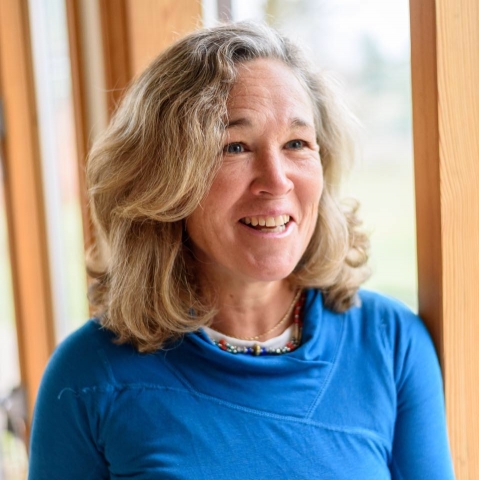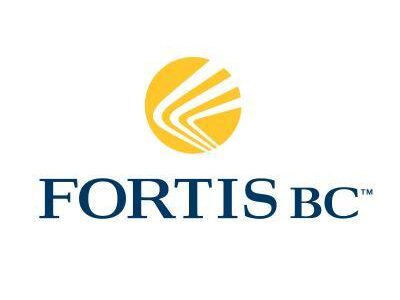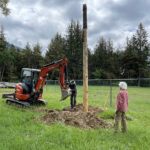BC ELECTION 2017: Colleen Ross (NDP)
Election Day (May 9th) is quickly approaching and many voters are still wondering how to cast their ballots. The Boundary Sentinel asked each candidate in the Boundary-Similkameen riding the same five questions. Check here for the answers from NDP candidate Colleen Ross.
1. How well do you think the provincial government has served the people of the Boundary-Similkameen?​
The last 16 years of BC Liberal government has only done the bare minimum for those of us who live in the riding, and others who live in rural BC. Handing over cheques that are actually owed to communities and organizations is actually part of any government mandate– showing up for the photo op and taking credit for work done at the local level is not serving the people. Meanwhile, cutting home care to seniors, desperately under-resourced hospitals, doctors shortages, outsourcing essential services and contract flipping, shipping logs off shore, choking school districts of funds then threatening school closures, downloading responsibilities to school trustees and parent advisory councils is simply one of many examples of how this government has continually abdicated their responsibility. No new jobs in rural B.C., no new funds for essential services– most people I’m talking with are feeling that it’s too little, too late.
2(a) What is the biggest issue facing the Boundary-Similkameen riding? ​
This is a tricky question, as our lives are complex, and issues are so interconnected. For instance, health is a huge issue across the Boundary-Similkameen. Healthy people can stay at work, and make better choices for their families, whereas being sick costs a lot of money for people in rural BC — traveling to see doctors, taking time off work to access specialists or clinics hits people in their pocketbooks. We know that one of the big determinants of health is whether someone is living in poverty or not, and over the course of the last decade and a half, we have rising inequality and unacceptably high child poverty rates in B.C. We also know that poverty and education are interconnected. Our environment also impacts our health – air quality, water quality. The list goes on. So health and the health care system doesn’t exist in a vacuum. They are tied into everything.
2(b) How would your party address this issue?
​On the health care front, we have committed to increase access to doctors, nurses and health practitioners in​ the Boundary-Similkameen by increasing incentives and establish Urgent Family Care Centres which will relieve pressure on ERs, improve access for those without a physician and reduce wait times. We are committed to opening these Centres across B.C.
​We will provide faster access to mental health services, when and where people need it.​ ​Increase the time home care workers can spend with seniors, so seniors can stay in their own homes longer. ​ ​Establish a Ministry for Mental Health and Addictions, which will be able to appropriately assess and invest in needed supports for those with mental health and addictions, with early detection measures that start in the schools. This includes dealing with the opioid crisis now, through a multi-pronged approach that includes stopping it at it’s source.​​ ​
3. What specific party policies do you have in place to address the issue of employment in the region?​
We will enhance school program offerings that encourage youth to consider trades; while investing and encouraging alternative energy projects throughout the province; retrofitting publicly-owned buildings: building new schools and hospitals; lead with a Made in BC/Grown in BC approach– value-added in forestry and agriculture; enhance and encourage tourism opportunities throughout the region; reduce the small business tax from 2.5 to 2.0% because small businesses drive the local economies; ​work with farmers, vintners,​ small business owners and restaurants. ​
​ We will also implement a $10/day child care program, fully costed, which will allow many parents to return to the work force who currently either cannot find adequate child care or afford it. ​
4. What has been the biggest accomplishment/failing of the current provincial government when it comes to the Boundary-Similkameen.
​I would say the biggest failure was not having a provincial representative who showed up during the Osoyoos Secondary School closure crisis. It’s just not acceptable for an MLA to say that it was up to the school trustees and not her responsibility to show up. School closures are a result of provincial funding formulas that are unpredictable and unstable. ​The end result was parents, students and an entire community suffered through a terrible ordeal, had to fight to save their own school with no reassurances from their representative and at the eleventh hour, right before an election, their school was magically saved by the MLA who was M.I.A. up until it looked like it might hurt them politically.
5. On the provincial level, what do you think is the biggest issue the parties need to address, and how would you accomplish it?
​I would go back to my answer on what is the biggest question facing the Boundary-Similkameen. Our health care system is reaching desperate levels across the province, ‘hallway medicine’ is common place, lack of beds, nurses who are being injured on the job at alarming rates, long surgical wait lists, cuts to home care for seniors. There are solutions which already exist that doesn’t necessitate spending excessive amounts of money into the system, such as the Team-based approach to health care and improving primary care. The BC NDP Health Critic, Judy Darcy, has done incredible work on that file and worked collaboratively with health care providers across B.C. I’m very proud to be working with a team that has such strong advocates for public health care.























